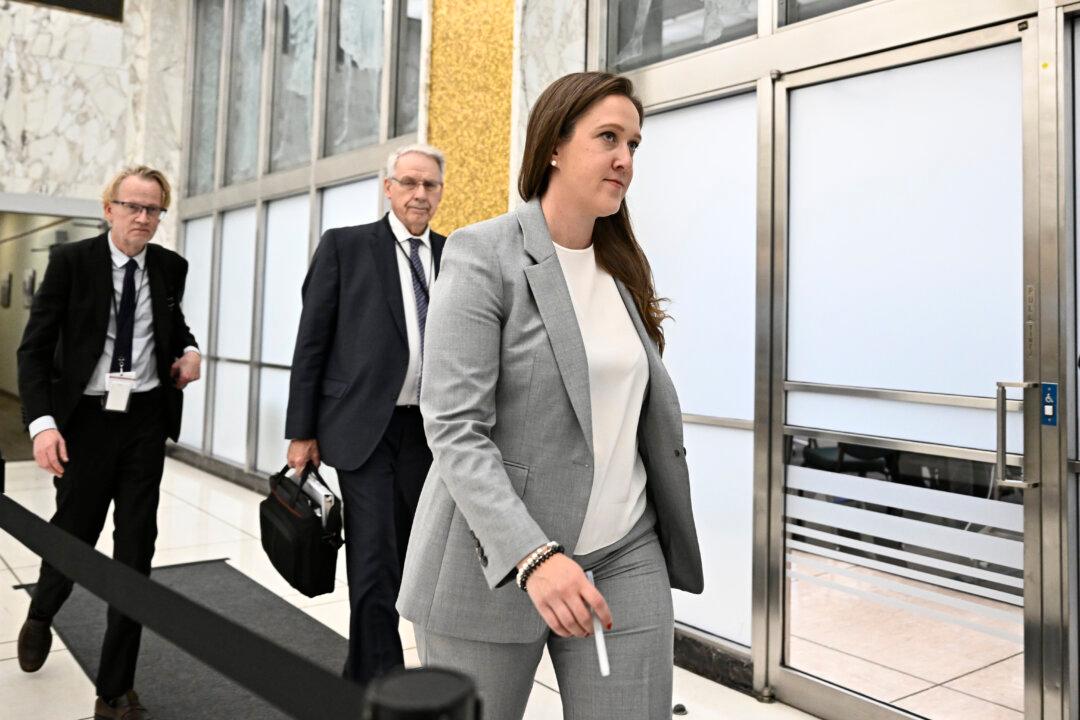A Canadian Security Intelligence Service (CSIS) official was concerned a request for intrusive surveillance on an Ontario politician wouldn’t be approved by then-Public Safety Minister Bill Blair after the agency met with his chief of staff, the Foreign Interference Commission disclosed.
Evidence disclosed by the commission on Oct. 9 says an unidentified CSIS official sent an internal email in March 2021 in which concern “that the warrant application package was in danger of not being approved by the Minister” was expressed.





